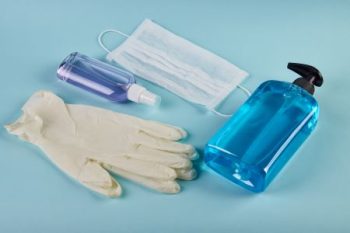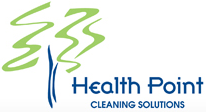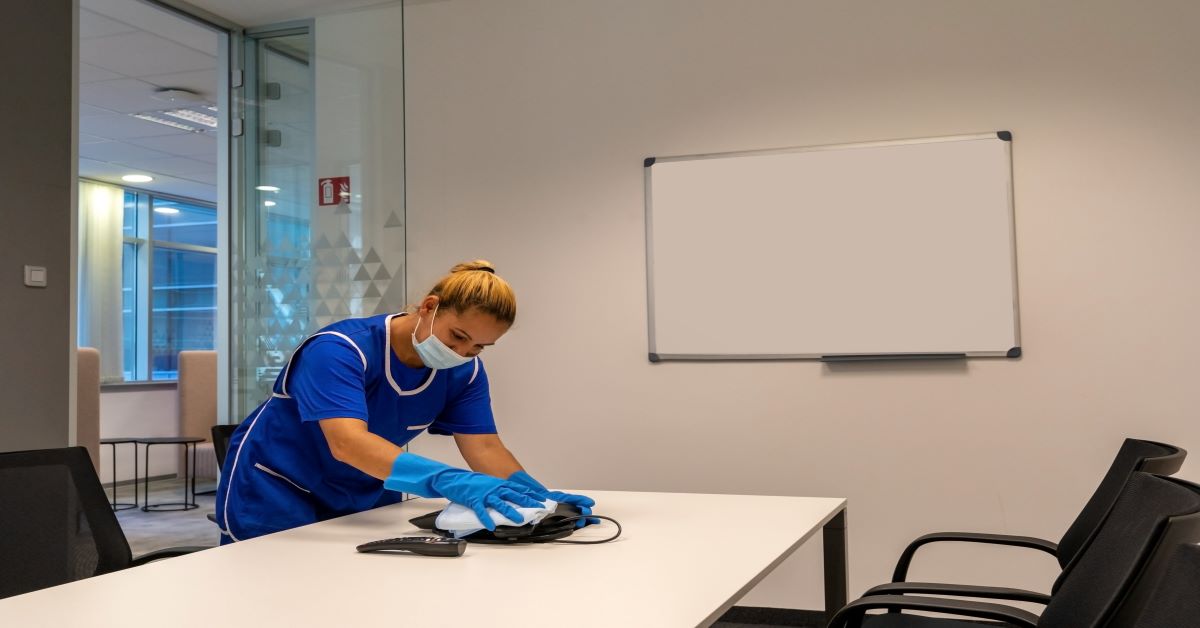The pandemic has been around for a little more than three years now, but its effects are still tangible and far-reaching to this day. It caused a lot of changes in the way we handle everyday stuff, and cleaning services are one of those crucial industries that have had to adapt dramatically since the pandemic. Let’s take a look at how cleaning techniques and practices have changed since the breakout of Covid-19.
The impact from Covid-19
Before we get to how cleaning services have had to adapt to the pandemic, we must first understand how the virus works. Covid-19 spreads through bodily fluids and can be contracted by ingesting contaminated food or water. You can also get it by coming into contact with surfaces that an infected person has touched. This is why the WHO advises you to constantly clean your surfaces with disinfectants and soapy water to avoid the virus. As such, cleaning services are a crucial part in the fight against Covid-19.
How are cleaning services changing their techniques?
With the risk of contracting increased by coming into contact with more people and infected surfaces, cleaning companies have had to change how they do things. Everything from protocols to methods hinges on protecting their staff from possible exposure to the virus. Some of the new changes today include:
Specialized staff training
Cleaning companies are now training their staff to be more aware of the risks coming with cleaning surfaces. They update them on the latest safety advice and the precautions to take when cleaning. These are meant to reduce the possibility of contracting the virus.
Safer cleaning equipment and materials
The types of tools used by the cleaners have also changed. There are now safer chemicals and gloves that help protect staff from exposure to blood or bodily fluids. The same goes for water disinfectants – they must be mixed correctly before being applied on surfaces. This is a great way to ensure that the virus doesn’t spread if a cleaner gets infected.
Schedule cleaning times
Right now, cleaning companies will only render their services to a premise when there are no people around. They set up special windows of time to perform a thorough cleaning on a site. This means you have to clear your property of any workers or customers before you can expect a cleaning company to arrive. Keep in mind that things are constantly changing with the pandemic. Your service provider will be able to tell you their current protocols.
Investment of protective gear
Most cleaning companies are now investing in better equipment for their staff to protect them from the virus when on a job. This includes high-end masks, gloves, and boots that reduce exposure risks even further. Some companies are even using color-coded personal protective gear for their employees to avoid cases of cross-contamination.
Proper waste removal processes
Many cleaning services have also invested in proper waste management systems, which means they can safely dispose of waste materials that have been exposed to the virus. This reduces the risk of other people coming into contact with these waste products and contracting Covid-19 themselves.
Thorough disinfection
A lot of disinfection products have been developed since the pandemic. The virus was particularly hard to manage as it could not be contained in a liquid or solid state but would always be airborne and easily spread from one surface to another. That’s why you now find cleaning services using alkaline-based disinfectants that can kill the virus upon contact.
Staff reduction
Another unfortunate implication of the pandemic for cleaning services is that they’ve had to cut down their staff numbers to reduce the likelihood of exposure and spreading. While other professionals may have the luxury of working from home, cleaning experts are exempt from this. Staff reduction also means that companies need to be more efficient with using their labor force while still achieving high-quality results for customers. This is particularly important in areas with an increased risk of contracting Covid-19 by following social distancing rules. With the ease on covid restrictions, more industries are beginning to stabilize and have started hiring back more employees.
What cleaning activities can I adopt to avoid the pandemic?
If you are concerned about contracting Covid-19, here are several tips on how to reduce your likelihood of exposure.
Carry hand sanitizer when in public
A great way to reduce your risk is by carrying hand sanitizer with you. It helps remove bacteria on the surface of your skin that could otherwise be picked up if you were to touch something contaminated.
Wear protective gear
If you must go out, make sure to wear the right kind of mask and clothing to help protect you from any infectious particles that may be present in your environment. It also applies if you are cleaning at home – use gloves and masks to reduce exposure.
Wash hands frequently
If you don’t want to contract Covid-19 through touching surfaces contaminated with the virus, wash your hands at every opportunity you get. This is also helpful in preventing other infectious diseases from spreading around you. It’s a good idea for everyone else around you as well.
Disinfect surfaces
You should also disinfect your environment using a good quality alkaline-based cleaner. Don’t forget to clean the objects you use that others may have touched, such as doorknobs and light switches.
Dispose of waste properly
A critical step in protecting yourself from Covid-19 is through proper waste disposal. Make sure to use garbage bags to store contaminated materials before you take them out of your house. Use gloves when handling these items and make sure they stay in the proper containers for transportation purposes.
Your Local Cleaning Service!
Health Point Cleaning Solutions is a reputable cleaning company providing cleaning and janitorial services before and throughout the pandemic. We offer various services, including safe janitorial services in Mesa, AZ, to many commercial properties in the region. Visit our website or call our offices to schedule an appointment.

